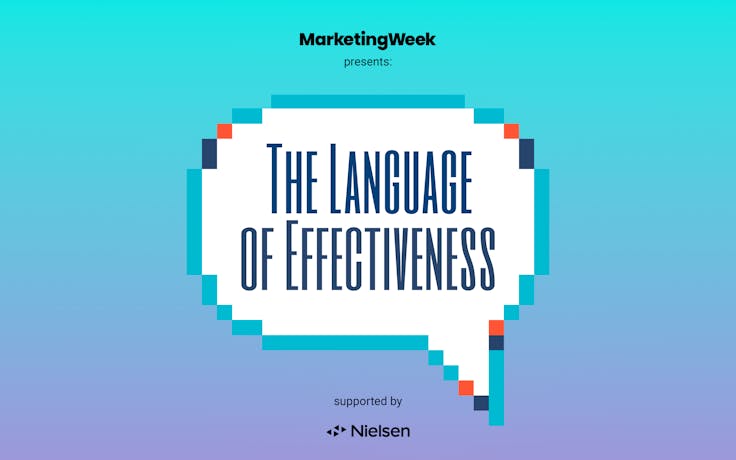Samsung on effectiveness: Conversations with the CEO and CFO have matured
Samsung Europe CMO Benjamin Braun explains how post-Covid marketing has become regarded as a “proper sales channel” with measurable impact.

Last year, Samsung Europe CMO Benjamin Braun made the case for marketers being the key drivers of ecommerce sales. He detailed how the pandemic impacted the marketing function at the brand, moving the focus from brand awareness building to sales and growth.
Sitting down with Marketing Week at Cannes Lions 2022 as we kick off a focus on effectiveness, Braun explained what he suggested in early 2021 about marketing’s role and effectiveness was then just “thoughts and speculation.” But now, he says, his judgement has become “real” in 2022 and the only difference is his opinion is “probably truer now that it was then”.
Braun says his team saw “a lot of attention” focused on marketing amid the Covid-19 crisis, particularly under lockdown.
He recalls it feeling like a “paradigm shift” happened from one day to the next, as all traditional channels were “knocked out”. Suddenly the website, owned by the marketing team, “became the only open shop”.
Suddenly for every marketing dollar you put in to digital advertising, programmatic marketing, you can scientifically prove the value.
Benjamin Braun, Samsung
Revisiting this change through the lens of effectiveness, Braun explains the shift was “eye-opening” and has led to the CEO and CFO seeing marketing as a “real channel”.
“Suddenly for every marketing dollar you put in to digital advertising, programmatic marketing, what I refer to sometimes as progressive marketing because it’s all digital, you can scientifically prove the value,” he notes.
Braun claims that “fuelled by econometrics”, Samsung has become more scientific, proving the impact and reach of each pound in the marketing budget. He explains the effectiveness of marketing became “black and white during Covid” and has impacted the way the function is seen by the wider organisation.
Marketers are the key drivers of ecommerce sales
“The conversation with the CEO and CFO has matured,” says Braun, adding that the discussion has moved from “Have £5m and see what happens” to seeing marketing as a “proper sales channel”.
At its core, Braun sees the marketing function as creating a “positive point of differentiation” between a brand and its competitors, in order to drive incremental revenue.
“Just because we happen to be in marketing, of course we can add a bit of colour and flair to it, but really it’s about creating the point of differentiation,” he adds.
Tangible change
From a sustainability perspective, Samsung says it is focused on pushing for scalable, tangible change. Last year, the brand released its solar powered TV remotes, something Braun says is solving both an environmental and consumer problem.
“There’s always a danger that we become too academic, esoteric or speculative,” he says of the industry’s approach to sustainability. “Sometimes you need to be real and do real things that drive real change.”
Earlier this year, Samsung introduced the use of recycled discarded fishing nets into its phone parts. Alongside the TV remotes, Braun emphasises how the brand is taking action “at scale”. He explains these efforts are not “speculative or visionary”, but are happening “right here, right now” and have an impact on consumers.
“My take on sustainability is there are pockets of excellent ideas, but unless you can do it at scale, it’s not going to help planet Earth,” Braun adds.
Marketing Week will be kicking off a series of content exploring how marketers measure and communicate effectiveness. To read the latest content, click here.








Comments